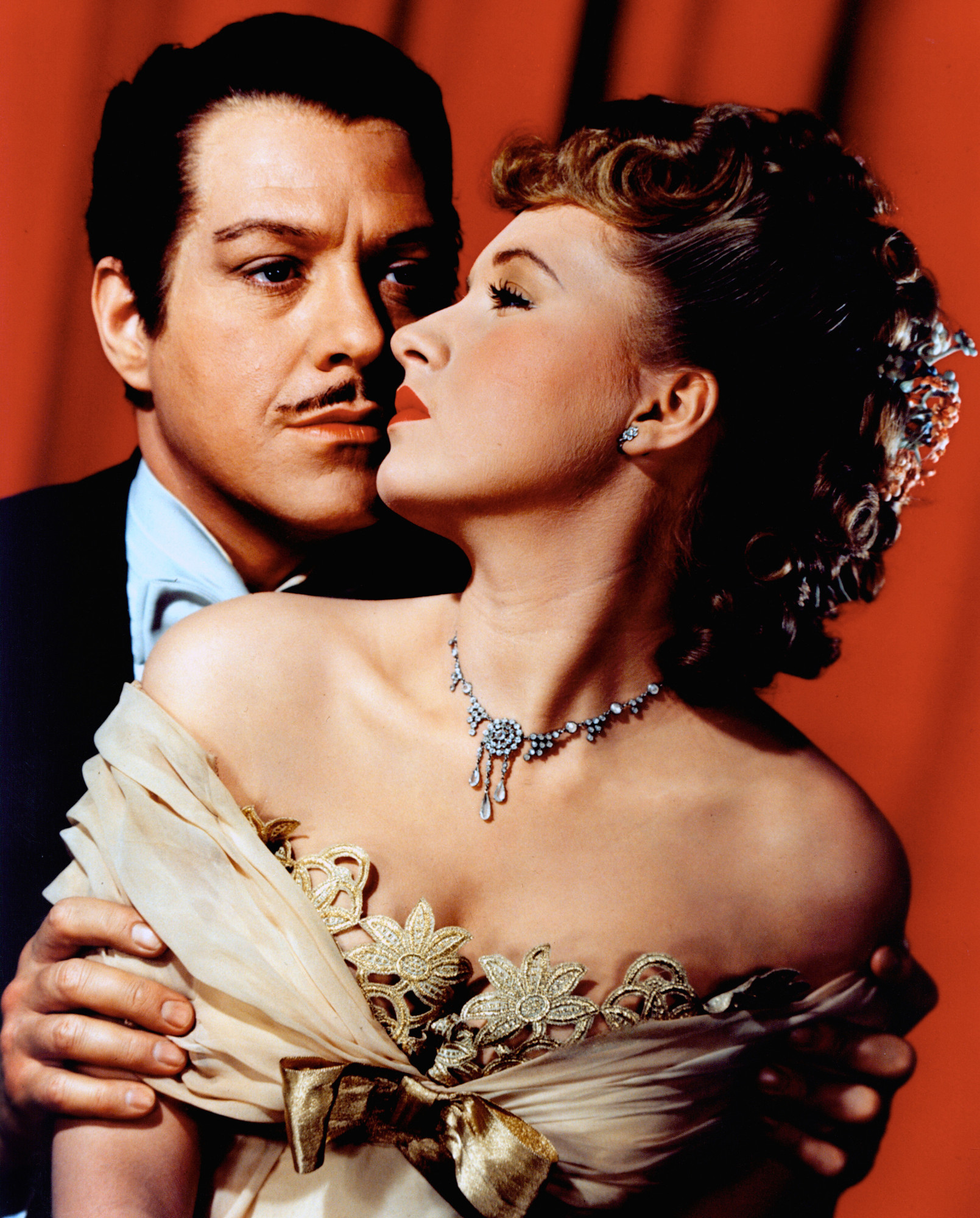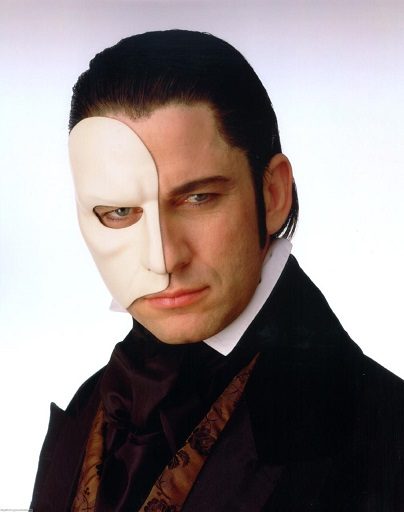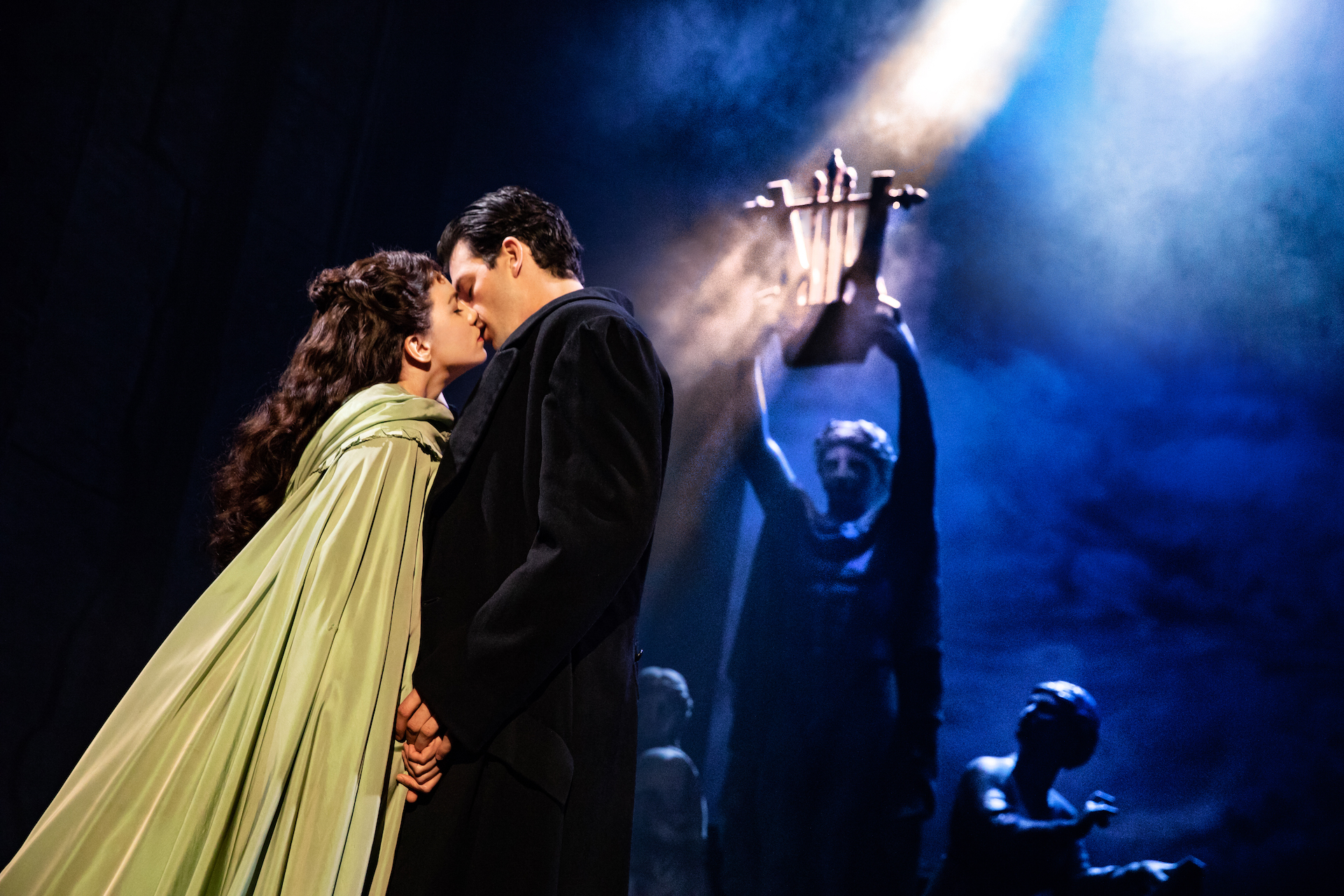

#Phantom of the opera skin#
In the Leroux novel, Erik is described as corpse-like with no visible nose sunken eyes and cheeks yellow, parchment-like skin and only a few wisps of ink-black hair covering his head. Rarity opens his door and he appears on a piano with his mask on his hoof saying "Come, my angel!".

Also like the novel, the musical ends with the Phantom realizing the error of his ways and allowing Christine and Raoul to be together. The plot of the musical, like the novel, revolves around Erik's love for Christine and his efforts to be with her. The plot for the 1986 musical adaptation follows the story of the novel fairly closely with some minor changes. 3 weeks later Erik dies and Christine keeps her promise, burying Erik with the ring he gave her.

Christine promises to return to bury the phantom after he dies. Erik then releases Christine to be with Raoul. Upon returning to Christine, she helps the Phantom realize the error of his ways. The Phantom does not keep his end of the bargain and keeps Raoul a hostage. As part of a deal, the Phantom agrees to release Raoul so Christine will marry him. Christine's lover, Raoul, comes looking for her with the aid of the Phantom's friend, the Persian.

However, over the course of the novel, he falls in love with Christine Daae and kidnaps her. Upon the completion of the opera house, Erik planned to retreat to his lair and "never wake up". His reputation for these skills and his unearthly singing voice spreads quickly, and one day a fur trader mentions him to the Shah of Persia.Īfter escaping from the Shah's order of execution, Erik finds a place to live beneath a Paris Opera house that is still under construction. During his time with the tribe, Erik becomes a great illusionist, magician, and ventriloquist. his birthplace is given as a small town outside of Rouen, France.īorn hideously deformed, he is a "subject of horror" for his family and as a result, he runs away as a young boy and falls in with a band of Gypsies, making his living as an attraction in freak shows, where he is known as "Le Mort Vivant" ("The Living Dead"). Most of the character's history is revealed by a mysterious figure, known through most of the novel as The Persian or the Daroga, who had been a local police chief in Persia, following Erik to Paris other details are discussed in the novel's epilogue, e.g. Leroux sometimes calls him "the man's voice" Erik also refers to himself as "The Opera Ghost", "The Angel of Music", and attends a masquerade as the Red Death. It is also revealed that "Erik" was not actually his birth name, but one that was given or found "by accident", as Erik himself says within the work. Erik himself laments the fact that his mother was horrified by his appearance and that his father, a master mason, never saw him. In the original novel, few details are given regarding Erik's past, although there is no shortage of hints and implications throughout the book.


 0 kommentar(er)
0 kommentar(er)
